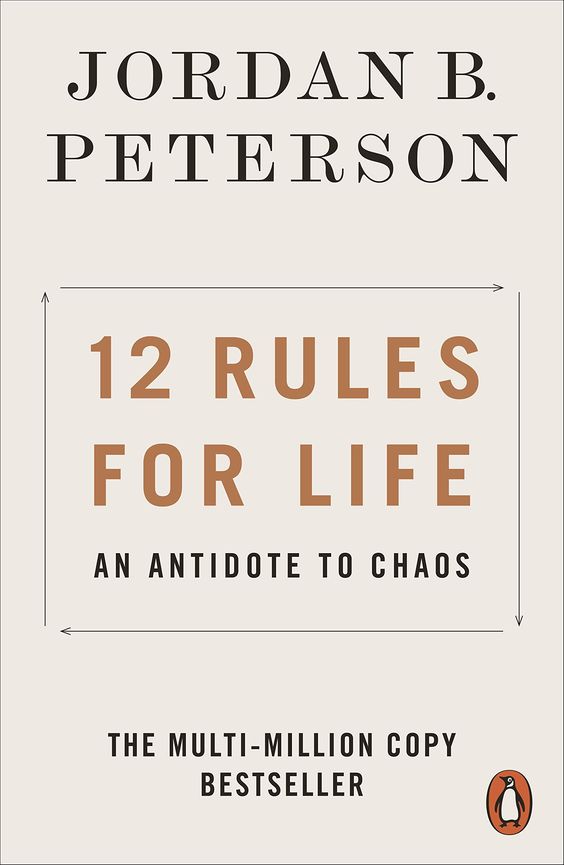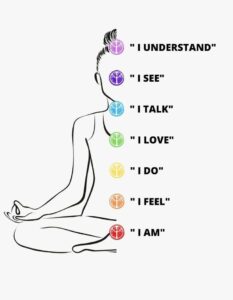What’s inside? discover rules to get your priorities right and strive for what is meaningful. Learn how to distinguish manipulators from those who genuinely need your help.
There are some highlights from the book
1/Pay attention to your posture. Choose to hold your shoulders high over drooping down. Be assertive and say what you believe is right. You should realize that your desires are just as important as anyone else’s. You have the right to want things for yourself
2/ Our inner complexity may overwhelm us. Yet we must always remember one fundamental truth: each person is valuable. We never know what our life’s role is in the script written by the universe. Therefore, we are bound to pay attention to and assist ourselves. It’s our responsibility to the world
3/It requires strength to surround yourself with healthy people who want the best for you. They should also be mature and self-sufficient so that you can also learn from them. You should use your judgment, build courage, and protect yourself from pity and uncritical compassion
4/ We are ordinary people who shine or tarnish at times. We need to make peace with our downs; they are a common thing. But whenever we succeed, we should compare our success to our previous accomplishments, not ourselves to other people. None of us are worthless. It is a destructive thought
5/ Most of us try to do the right thing: abide by the law and respect others. However, being good people does not keep us harmless. We still can fall victim to the wrongdoings of others. When that happens, some of us break and resort to violent behavioral patterns themselves. Still, others find the strength to forgive and move on
6/ Your truth is your narrative that grows out of your unique circumstances. Identify and tell it to yourself; share it discreetly with others. After that, you will feel more confident because knowing your principles provides a solid ground underneath your feet
7/ There is a clear distinction between listening and hearing. However, most of us ignore it and choose the latter over the former. As we hear someone else talking, we let our brain react to a sound stimulus. On the other hand, when we listen, we allow thoughts and ideas to pass through our psyche. In the process, they might also cling to our consciousness, which would digest them
8/ Objects and phenomena of the world are mutually connected and dependent on one another. To extract them from the whole of reality (i.e., understand them), we need to be very accurate and precise with the words we use to name them. Careful wording helps us know and explore our limits, identify with others, and efficiently convey our thoughts
9/sometimes people choose to suffer for the sake of suffering and even derive immense pleasure from this self-inflicted torture. Why? We tend to choose suffering over strength when reluctant to resolve complicated situations. With time, our brain gets used to chemical and hormonal bombs and tells our body that suffering is the only emotion it wants to experience. Problems are inevitable: we can’t eliminate them all. So, we shouldn’t postpone life until everything returns to normal. There are many things to be thankful for each day.
Reference from Headway





